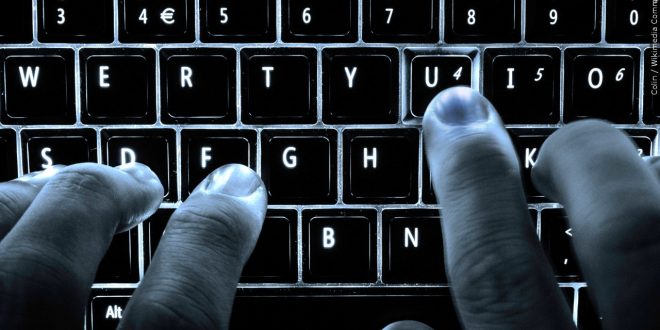During the past five years, the phenomenon of cancel culture has become increasingly common in the public and on social media.
The definition of cancel culture according to Merriam-Webster.com is the practice or tendency of engaging in mass canceling as a way of expressing disapproval and exerting social pressure. Some individuals may argue that cancel culture is necessary for holding famous people and organizations accountable, but others believe that it is not effective if people dismiss certain individuals’ behavior just because they are a fan.
Cancel culture mostly operates through social media platforms where the most controversial events quickly start to go viral and make their way into the public eye. The aftermath usually results in shaming, boycotting, calling for resignations, and apologies.
Some of these controversial situations could be termed as an act of free speech and expression, which is why there is not always legal action involved. Free speech encourages exchanges of ideas and perspectives, but some of those perspectives create harmful narratives that can offend communities or influence hostility. If our “favs” cannot be held accountable by the law, then the public has no choice but to step in.
While most of these results can lead to a rise in concern of fairness, it also leads to the public becoming the judge, jury, and executioner in the court of public opinion.
It is the people who now decide who deserves a second chance, but some people are too starstruck by some of their favorite celebrities that they will brush off their controversial actions. There are also those who exaggerate cancellations, simply because they disagree with the situation. So, the question stands, is cancel culture real?
The realness of cancel culture has been found evident in numerous cases where individuals or organizations faced public backlash. The downside is the inconsistencies of cancellers and others who fail to consider personal growth.
In navigating the complexities of cancel culture, it is essential to have a balance between justice and forgiveness. This raises important questions about redemption in a society that quickly values punishment of rehabilitation for everyday mistakes.
Although rehabilitation is a good option, it does not mean it takes away from the individuals that truly deserve consequences. It simply highlights the fact that sometimes people need to be more educated, and others need a wakeup call from society.
As we continue to grapple with its implications, there should be a point of safeguarding our own principles when we decide who should be canceled. Principles show character, and while the public navigates through this digital age, principles show if we are willing to push the recognition of accountability to those who deserve it, even if we call ourselves their fans.
Written by Jasmine Hightower, Entertainment Editor. Photo courtesy of MGN.
 The Spectator The independent student newspaper of Valdosta State University
The Spectator The independent student newspaper of Valdosta State University







